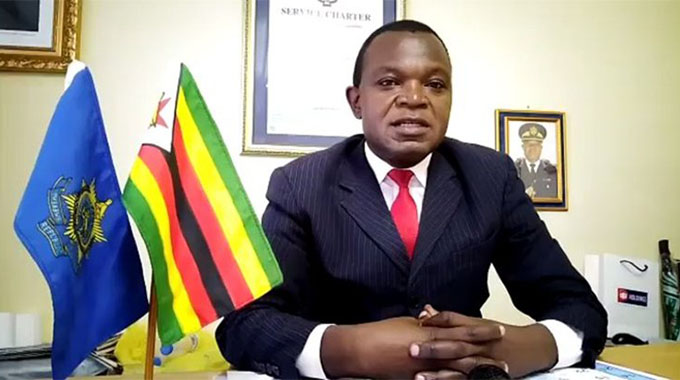RDCs hail Govt
Walter Mswazie Masvingo Correspondent
RURAL district councils here have hailed Government for rescinding a decision to have land levy and unit taxes paid to the ministry dealing with lands. Presenting 2018 National Budget last week, Finance and Economic Development Minister Patrick Chinamasa gave back the mandate to local authorities.
In separate interviews, local authorities welcomed the new development, saying it will increase their revenue base, while helping them achieve the concept of “ease of doing business”.
Chivi Rural District Council chief executive Mr Tariro Matavire said the decision was a well calculated move, although not all rural authorities were benefiting from the levies.
“This is a good move as it will boost RDCs’ revenue base,” he said. “The RDCs have the capacity to collect the unit tax and levies from A1 and A2 farmers. The ministry has been finding it difficult to collect the levies and taxes and this will make their life easier.”
Masvingo RDC chief executive Mr Martin Mubviro said the unit tax from resettled farmers would go a long way in addressing road network and other social amenities within new areas.
“This is a very good move for us,” he said. “The collection of unit tax from resettled farmers will help us attend to infrastructural development needs. We will be able to construct roads, bridges, schools, clinics and other social amenities using the money collected from these levies and unit taxes. We have to drill boreholes.”
In Mwenezi, chief executive Mr Albert Chivanga echoed the same sentiments, saying the new development would boost local authorities’ capacity to develop rural areas.
“It is our tradition as rural council that we commit 70 percent of the collected revenue to rural development and the decision taken by Government to return the payments of levies and unit tax is good,” he said.
“We are very happy as Mwenezi because we will improve on our infrastructure and general service delivery to our clients.” The $5,1 billion national budget has been widely commended for being pragmatic and strict on unnecessary government expenditure.






Comments